American muscle cars, with their powerful engines and iconic designs, have long been a symbol of automotive prowess. Their influence extends far beyond U.S. borders, impacting automotive culture and markets around the world. The global role of American muscle spans cultural significance to economic impact, showcasing their enduring appeal and adaptability.
The Global Appeal of American Muscle Cars
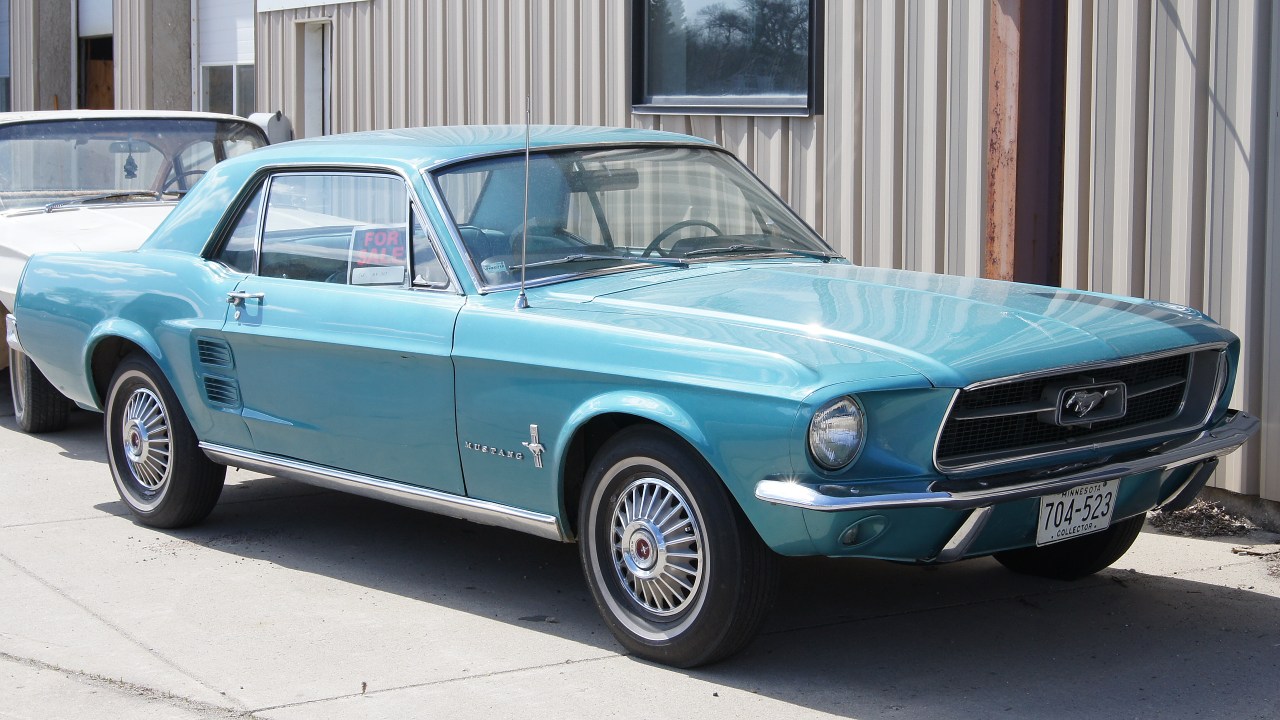
American muscle cars are renowned for their distinctive features, which include powerful V8 engines, aggressive styling, and a focus on performance. Models like the Ford Mustang, Chevrolet Camaro, and Dodge Charger have become icons in their own right, representing the pinnacle of American automotive engineering. Over the decades, these cars have evolved significantly, adapting to changing tastes and technological advancements while retaining their core appeal. The evolution from the raw power of the 1960s models to the more refined and technologically advanced versions of today highlights the enduring allure of these vehicles.
The cultural fascination with American muscle cars extends beyond their mechanical prowess. These vehicles have become symbols of freedom and rebellion, often featured in popular media worldwide. Movies like “Bullitt” and “Fast & Furious” have cemented their status as cultural icons, influencing generations of car enthusiasts. The portrayal of these cars in films and television has contributed to their mystique, making them desirable not only for their performance but also for the lifestyle they represent. This cultural impact has helped American muscle cars maintain a strong presence in the global automotive landscape.
Economic Impact and Market Penetration
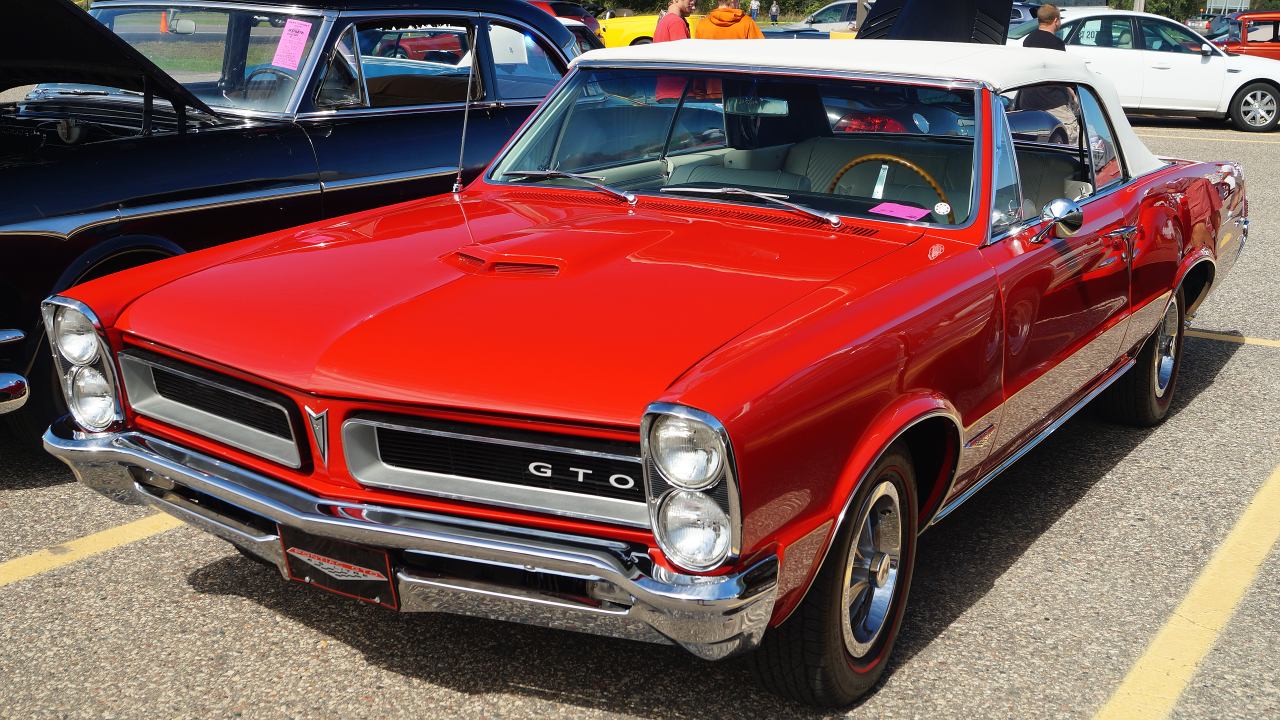
Exporting American muscle cars has become a significant aspect of their global presence. Key markets such as Australia, the United Kingdom, and Germany have shown a strong demand for these vehicles, driven by enthusiasts who appreciate their unique characteristics. However, exporting these cars comes with its own set of challenges, including adapting to different regulatory standards and consumer preferences. Despite these hurdles, the opportunities for growth in international markets remain substantial, as the appeal of American muscle continues to resonate with car lovers worldwide.
In the global automotive market, American muscle cars face competition from both local and international manufacturers. Brands like BMW and Mercedes-Benz offer performance-oriented models that compete directly with American muscle cars. However, the distinct identity and heritage of American muscle provide a competitive edge, influencing industry trends and consumer preferences. The presence of these cars in international markets has also spurred interest in performance vehicles, contributing to a broader appreciation for automotive excellence.
American Muscle and Car Enthusiast Communities
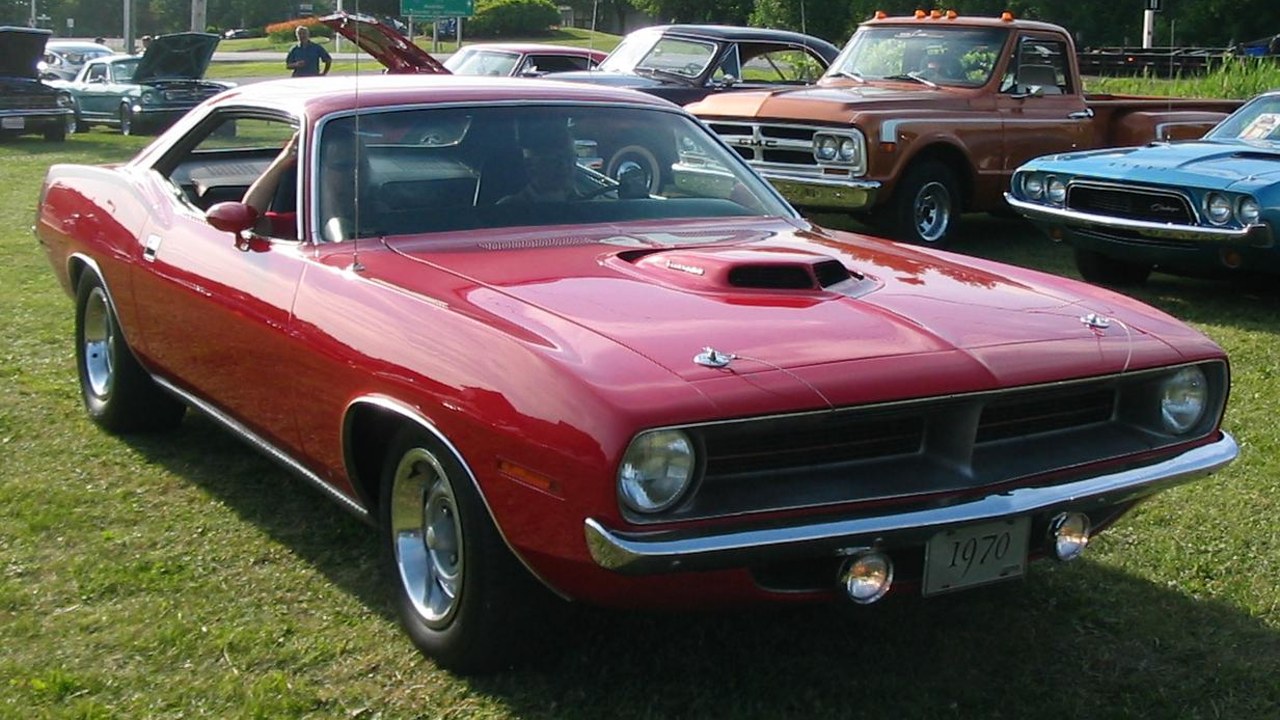
The growth of international car clubs and events dedicated to American muscle cars highlights their global appeal. Enthusiast communities in countries like Japan, Sweden, and Brazil have embraced these vehicles, organizing events that celebrate their unique characteristics. These gatherings foster cultural exchange and appreciation, bringing together people from diverse backgrounds who share a common passion for American muscle. The rise of these communities underscores the universal appeal of these cars and their ability to connect people across borders.
Customization and restoration practices have also gained popularity abroad, with enthusiasts seeking to personalize their vehicles to reflect their tastes. Popular modifications include engine upgrades, custom paint jobs, and interior enhancements, allowing owners to express their individuality. The market for restoration parts and services has grown internationally, supporting enthusiasts in their efforts to maintain and enhance their vehicles. This trend highlights the enduring appeal of American muscle cars and their ability to inspire creativity and innovation among car lovers worldwide.
Environmental and Regulatory Challenges
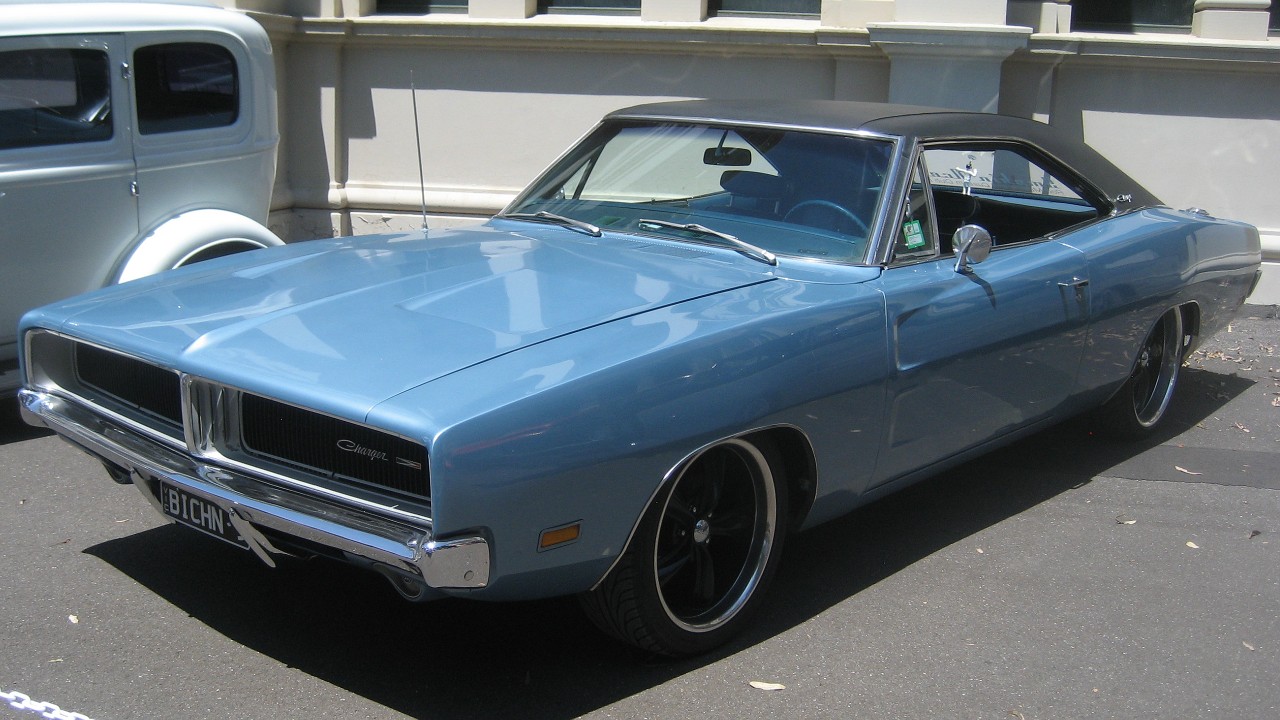
Navigating environmental regulations abroad presents a significant challenge for American muscle cars. Many countries have implemented strict emissions standards that require manufacturers to adapt their vehicles accordingly. Innovations such as more efficient engines and the incorporation of hybrid technology have helped American muscle cars meet these standards while maintaining their performance characteristics. These adaptations demonstrate the industry’s commitment to balancing power and sustainability, ensuring that these iconic vehicles can continue to thrive in a changing regulatory landscape.
The push towards electric and hybrid muscle cars represents a significant shift in the industry. Manufacturers like Ford and Dodge have introduced electric versions of their iconic models, such as the Mustang Mach-E, to meet the growing demand for environmentally friendly vehicles. This transition reflects a broader trend towards sustainability in the automotive industry, with American muscle cars leading the way in demonstrating that performance and environmental responsibility can coexist. The future of American muscle in a greener automotive landscape looks promising, as these vehicles continue to evolve and adapt to new challenges.
Cultural Exchange and Soft Power
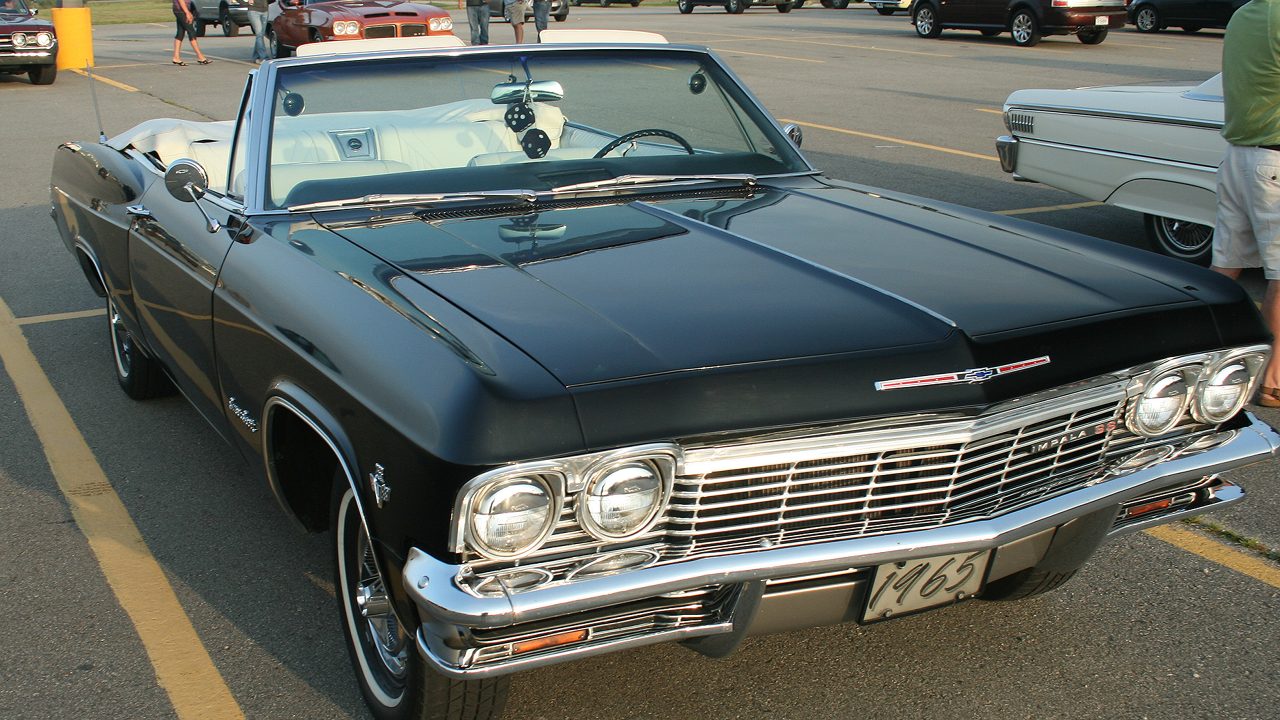
American muscle cars serve as tools of cultural diplomacy, shaping perceptions of American culture around the world. Car shows and events featuring these vehicles provide opportunities to showcase American innovation and design, promoting a positive image of the United States. These events often attract large audiences, offering a platform for cultural exchange and fostering goodwill between nations. The presence of American muscle cars in international settings highlights their role in promoting U.S. culture and values abroad.
The role of American muscle in global soft power strategy is evident in various case studies where these cars have influenced international relations. For example, the presence of American muscle cars in diplomatic events or cultural exchanges can symbolize strength and freedom, resonating with audiences worldwide. The symbolism of these vehicles in foreign policy and cultural outreach underscores their significance as ambassadors of American culture, contributing to a broader understanding and appreciation of the United States on the global stage.
Like Fast Lane Only’s content? Be sure to follow us.
Here’s more from us:
*Created with AI assistance and editor review.

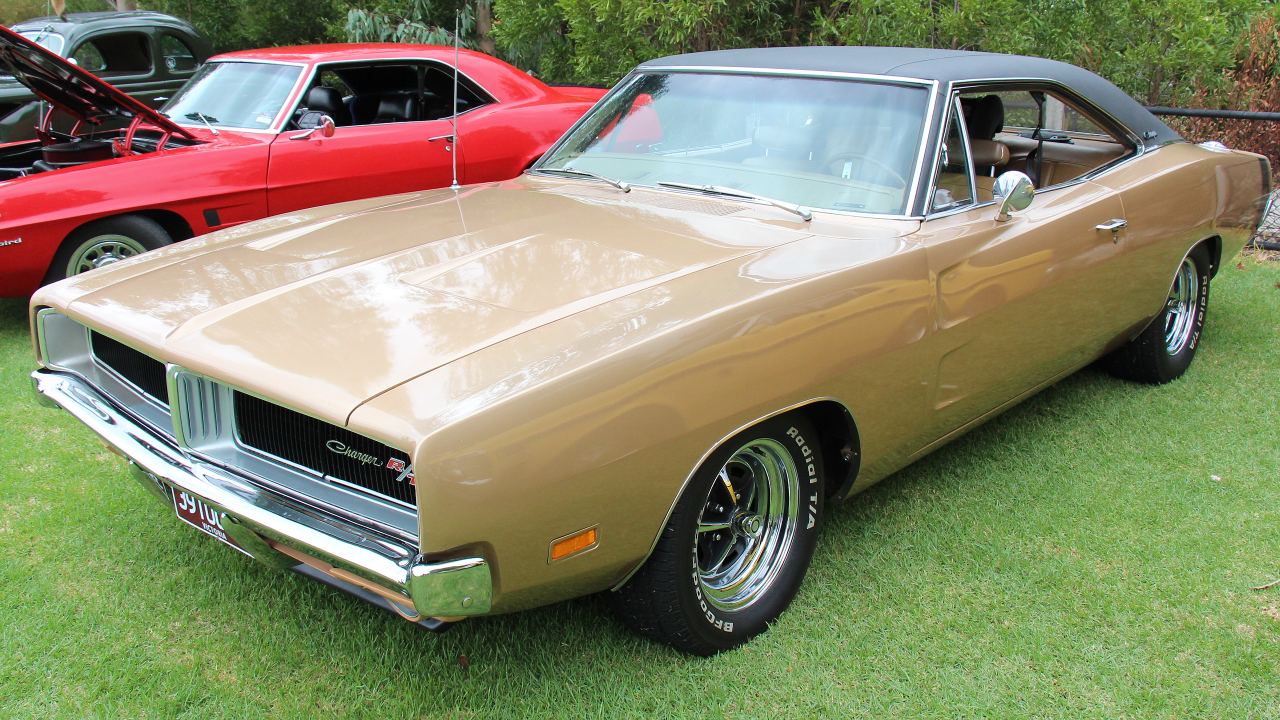

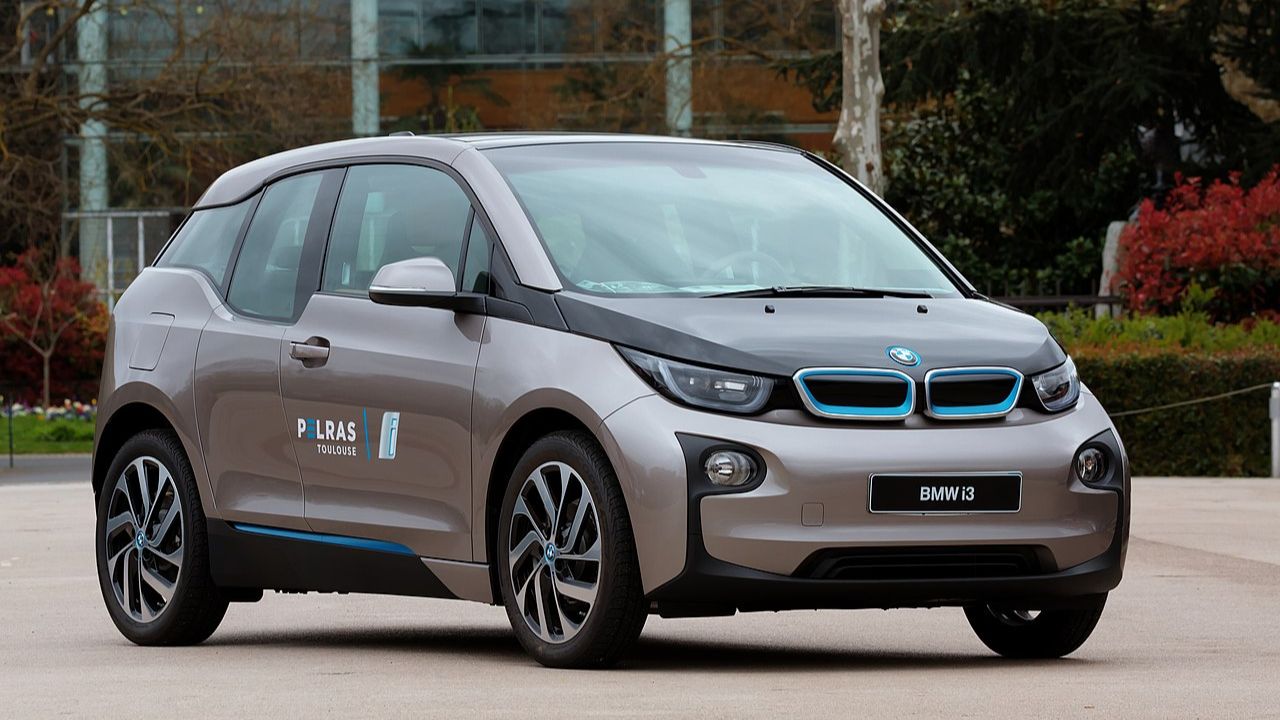
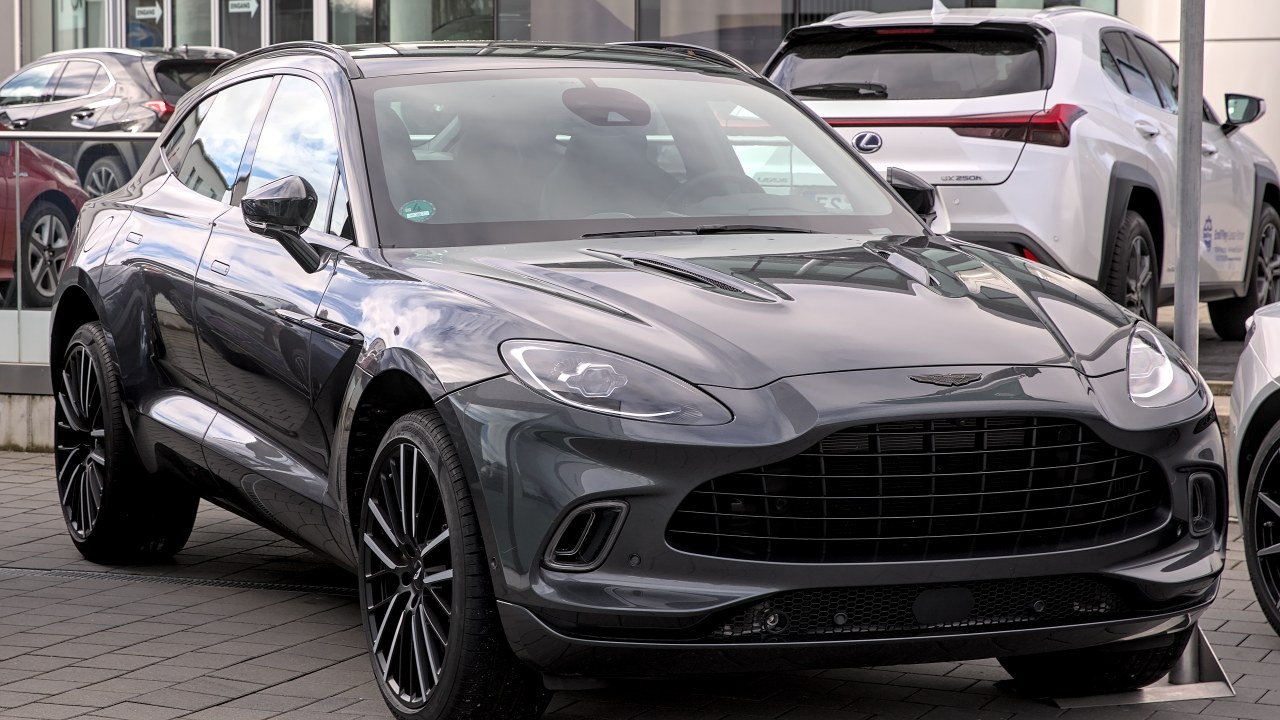

Leave a Reply